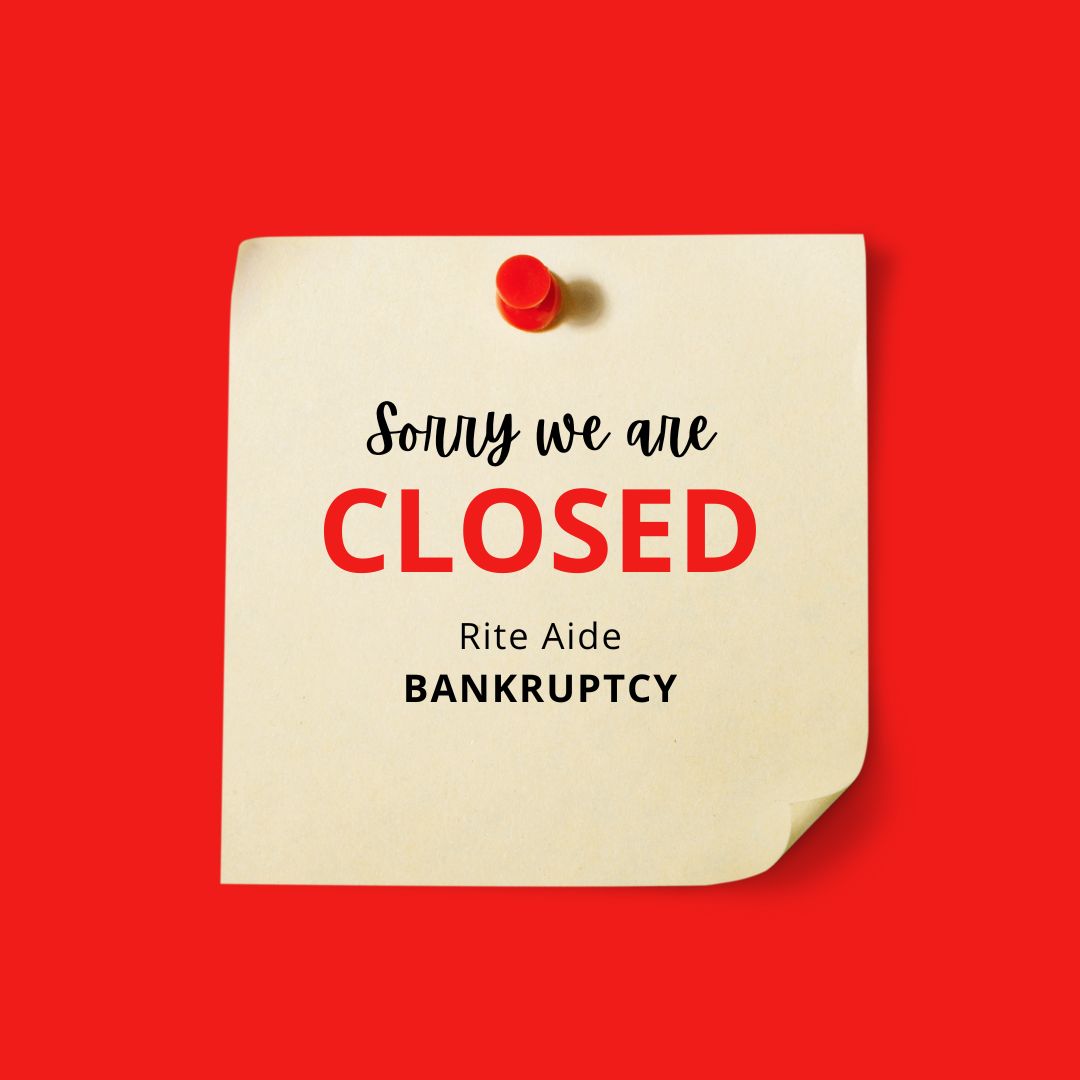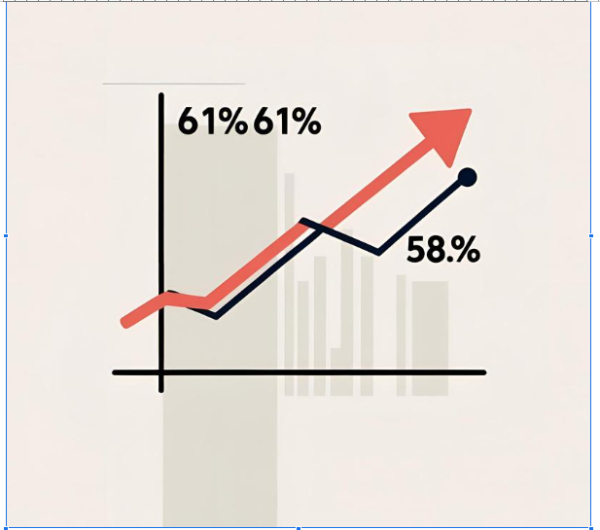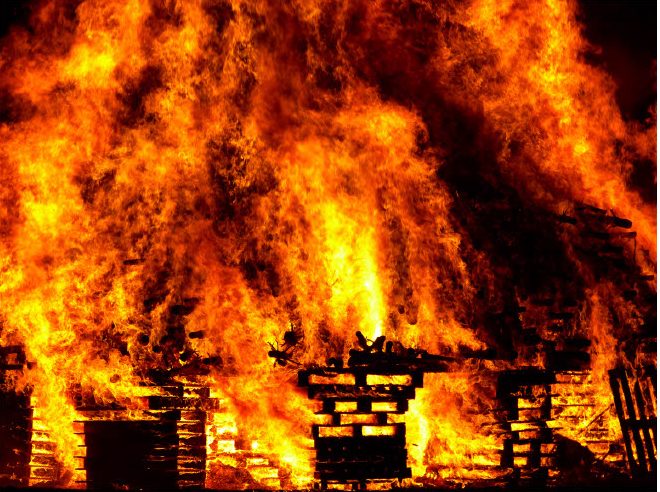Punitive Graduation
It’s obvious that a major part of education is discipline. The lesson that disobedience is met with punishment is a valuable one to learn as one takes their stride through and past childhood.
That said, there are certain aspects of a student’s life upon which one ought not to infringe; a child’s maturity or respect level should not reflect their eligibility to participate in certain once-in-a-lifetime events.
Topically, the matter of graduation is a perfect example of such opportunities one can miss out on in the event that they misbehave enough for it to be revoked. However, this should be entirely off-limits for administration to remove from a student’s agenda.
The fact that school is a learning environment is reason enough as to why graduation should remain set in stone for every student. Almost every other type of punishment is a rinse-and-repeat method.
This means that easily replicated punishments are applied in direct proportion to the misbehavior exhibited by a student. The discipline is harmless in that it does not intentionally impede a student’s ability to remain a kid and, more importantly, miss out on school opportunities.
Graduation is very different in that it is a normal school function being turned into a punishment for given circumstances of misconduct. It becomes a terrible, unsolvable mistake for students who simply cross the line too far, which is not fair to the student because of its singularity and value.
The ceremony of graduation also marks the end of a major chapter in the life of every student. To deny children decent closure, even in a metaphorical sense, is not the type of message a school should be sending.











































